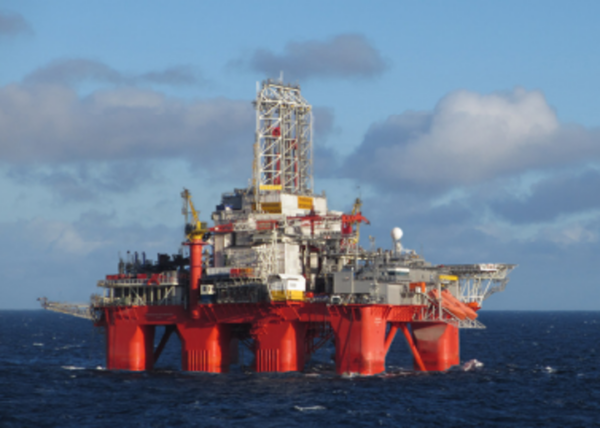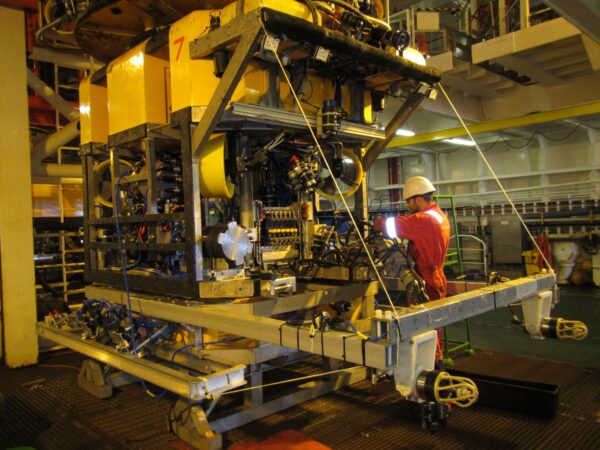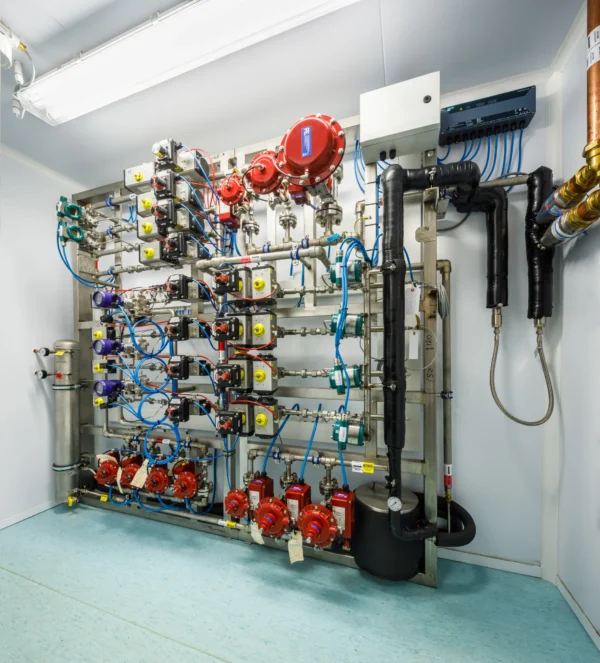
Faster, cheaper decommissioning? Your document managers are the key.
Time spent now tracking down your installation and well documents will save you much more time and money, later on!

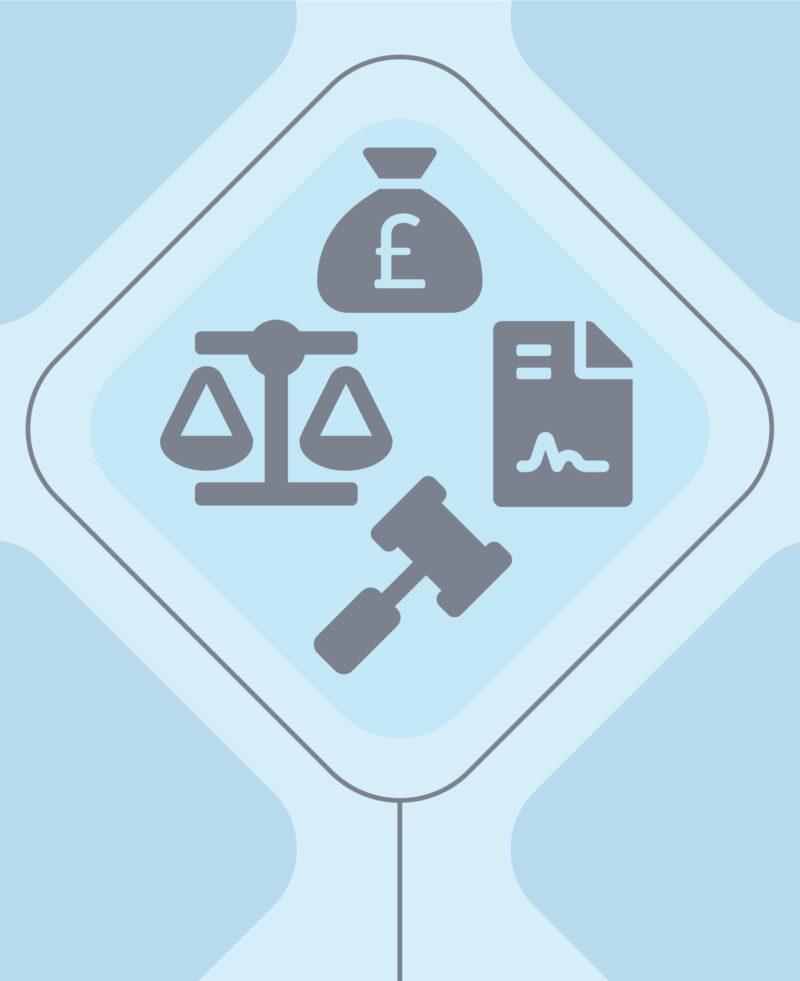
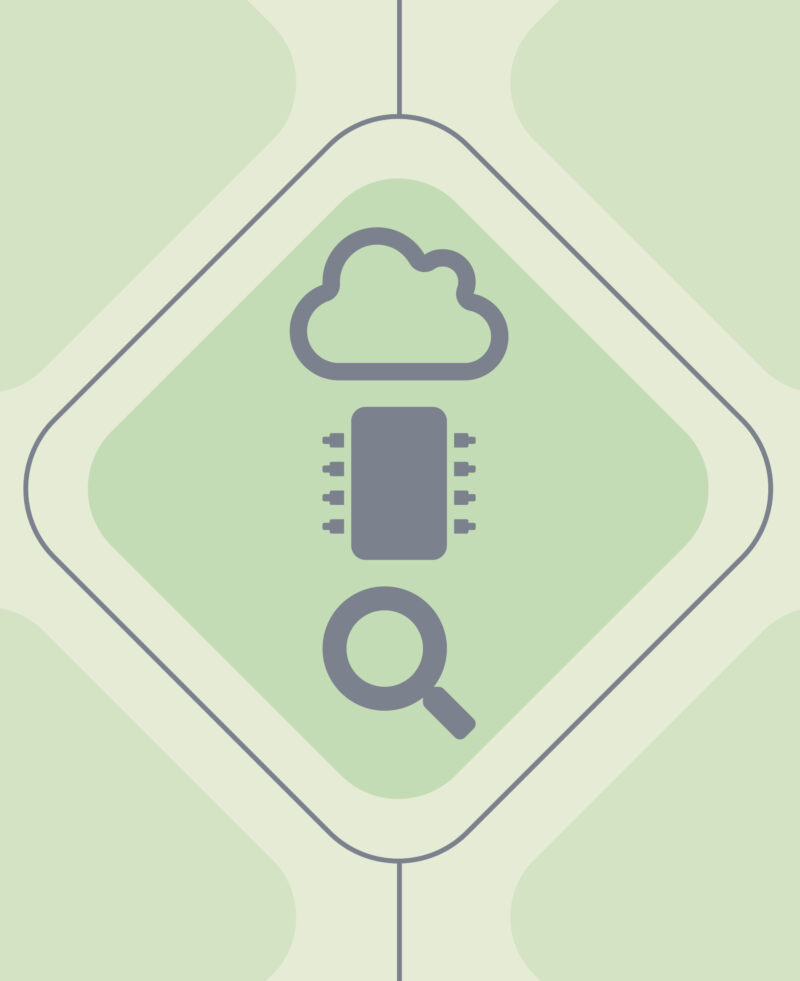
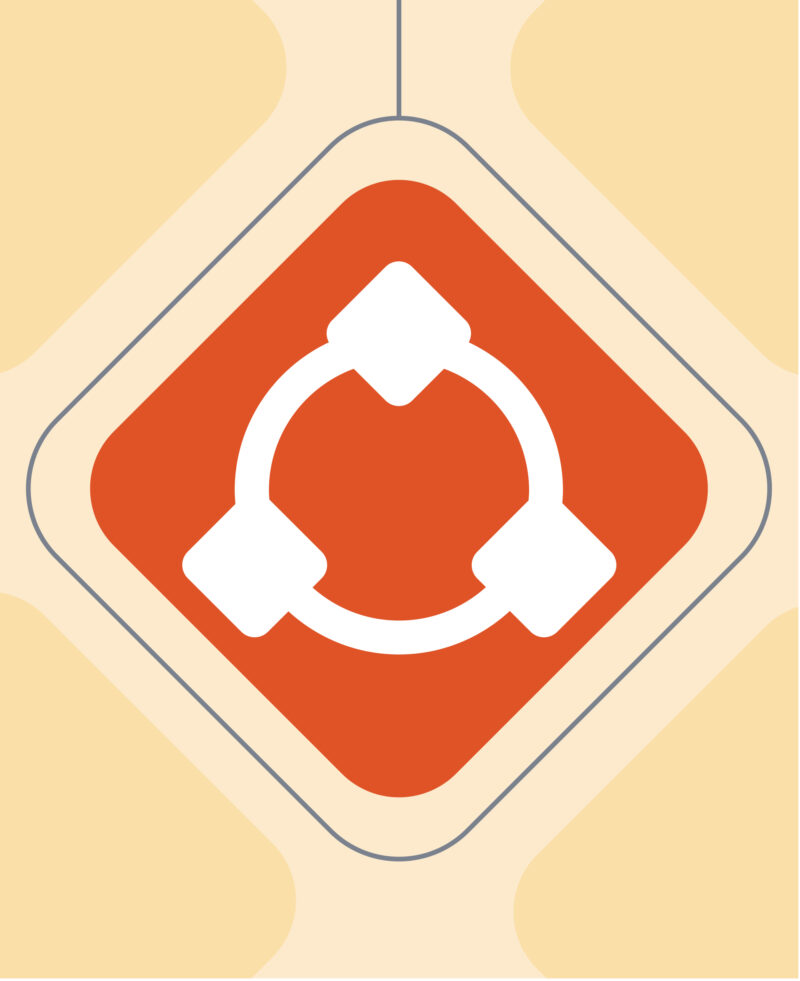

Executive Summary
Decommissioning is expensive, and is getting even more expensive. But good information management can help identify decommissioning risk before it matures, saving time, money, and cash flow impact – releasing money for other investments.
Start your decommissioning project by talking to your Information Management team, and to IM specialists such as Flare Solutions – and see pay back many times over in time, money, and risk reduction.

Challenge
Decommissioning is expensive. And it’s getting even more expensive. OEUK’s 2024 Decommissioning Report forecasts £2.3 billion to be spent that year, with the average cost to decommission a platform well increasing by 25% since 2021.
So how do you minimise decommissioning cost increases? What strategies can you deploy to reduce project uncertainty, avoid operational surprises, and ultimately reduce the time, risk budget, and overall cash requirement for the work?
Talking to your document and information managers at the start of your project is one easy strategy that pays back many times over.

Solution
Planning for decommissioning involves a journey through time, and your asset’s archives, all the way back to when it was first designed, installed, and commissioned. Paperwork from that time (and yes, we mean paper) will contain information that is key to understanding how to reverse the process – to safely dismantle, disassemble, and prepare the asset so that the platform can be lifted onto a barge and transported to shore for recycling.
Paperwork from asset operations will also shed light on the state of the platform jacket, footings, and the surrounding seabed, helping to design and justify arguments for and against the OSPAR standard of complete removal and restoration.
Documents from the initial discovery well and all subsequent development and production wells should clarify how each well was engineered, the associated geology, and how they can safely and cost effectively be plugged and abandoned, and seabed clearance certificates issued to the NSTA’s satisfaction. Alternatively, they might identify, up front, gaps in information that need to be remedied, or would create surprises that have to be dealt with while the rig is waiting, rather than before the rig is on hire.
But sorting all this out by hand can be very time consuming.
Flare Solutions has worked with one of the UK’s largest operators to support their asset decommissioning, using Flare’s leading-edge search technology to find, digitise, and automatically classify and organise the plans, drawings, data and documents scattered across multiple physical and digital legacy stores, to enable decommissioning teams to work with all the information there is, rather than just what is readily to hand.
Flare’s industry leading taxonomy and classification software scans, digitises, reads, and then files each document appropriately – so your staff don’t have to. This saves time and money, as senior staff members don’t have to spend weeks or months doing this by hand, one document after another – a chore they would really rather avoid!
Using a standard taxonomy also allows the operator to identify and close out any remaining government reporting requirements, so once the decommissioning is complete, the NSTA Information and Samples Plan can be signed off, and the team can move on to other work.

Results
Cost effective decommissioning is an information management problem, as well as an engineering problem. The more information that is available, the more informed the project team can be in how to decommission the asset, how long it will take, how much contingency to build in (and why), and overall, how much it is likely to cost.
This leads to tighter cost estimates, fewer schedule surprises, and ultimately, a lower call on the company’s cash, freeing up investment for other projects.
All of this comes about by involving your information managers early in the process.
So, if you’re starting to plan for decommissioning, or are already someway down that road: talk to your IM team, and talk to Flare. You’ll save time, money, and reduce your project risk.
Find out more: https://www.flare-solutions.com/services/effective-decommissioning/


